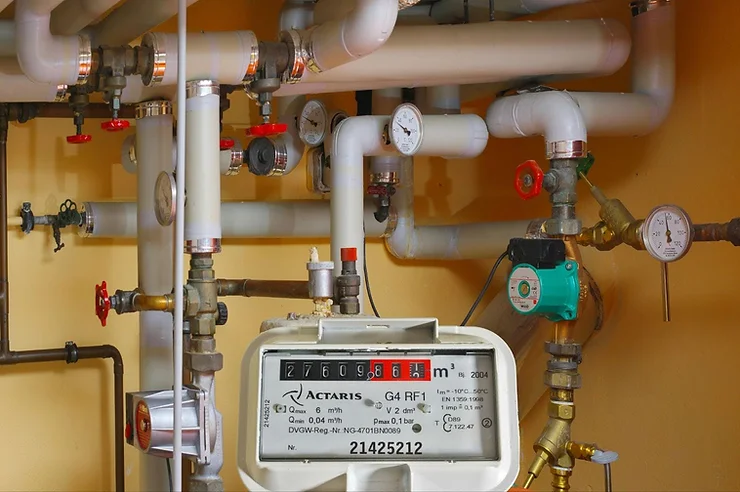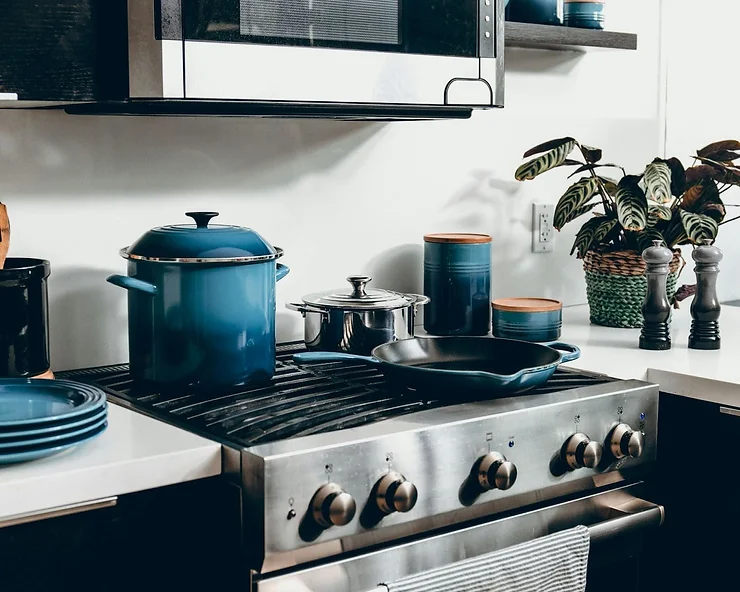When it comes to managing rental properties in Spalding, there’s one thing you can’t afford to overlook – landlord gas safety certificates. Here’s everything you need to know to keep your properties safe and legally compliant…
If your rental property has any gas appliances (think boilers, ovens, and cosy fireplaces), a gas safety certificate is non-negotiable. This isn’t about ticking boxes, it’s about safeguarding lives and your investment. Here’s what you need to know:

Gas Safety Check
These annual checks aren’t optional, they’re a MUST. Only a Gas Safe registered engineer is qualified to assess your gas appliances and flues, issuing you a Landlord Gas Safety Record (LGSR).
Appliances owned by tenants fall outside this requirement, though you’re still responsible for the safety of any connecting flues, barring those exclusively linked to the tenant’s appliances.
Landlord Gas Safety Record (LGSR)
Following your annual check, you must provide a copy of the LGSR to your tenant(s) within 28 days. New tenants should receive theirs at the start of the tenancy. Keep your own copy for the duration covering two subsequent checks.
For short-term rentals under 28 days, make sure the record is visibly displayed within the property.
Maintenance
In order to keep gas pipes, appliances, chimneys, and flues in a safe condition, it’s important to have them serviced as per manufacturer guidelines or at least annually if guidelines are not available.
Even though it’s not formally required, keeping a record of any maintenance and upkeep is good due diligence, especially if you need to refer to it at a later date.
Additional Recommendations for Gas Pipework
Although installation pipework is not covered by the annual landlord gas safety check, both the Gas Safe Register and HSE recommend testing the entire gas system for tightness and visually inspecting the pipework. Besides protecting your appliances, this ensures that your entire gas system is safe.
It really is nothing to worry about, and is usually complete in under an hour. Here’s the lowdown:
1. Appliance Checks
The engineer will examine each gas appliance to ensure:

2. Safety Measures
The engineer will also verify that:
If your property has shared flues or chimneys, you’ll need to coordinate with neighbours to ensure these are inspected annually, preventing the risk of carbon monoxide (CO) entering living spaces.
3. Extended Installation Safety Check
Beyond the appliances themselves, the engineer may perform a comprehensive gas installation safety check. This includes:
Get in touch. Whether it’s booking a gas safety check or just needing a bit more clarity on keeping your rental up to scratch, we’ve got you covered.
Have more questions? Here are some FAQs to help guide you further:
Our standard Gas Safety Certificate costs £xx. Contact us today to schedule yours.
A CO alarm is required in every habitable room of a rental property containing gas appliances (excluding appliances used for cooking purposes). Before any new tenancy begins, landlords are required to conduct carbon monoxide tests and checks to ensure that the alarms in the rental property are functioning.
Before you buy a CO alarm, check it’s up to British Standard EN 50291 and look for that approval stamp, like a Kitemark.
Failed your gas safety inspection? You need to get onto fixing those issues sharply. If the report is confusing, your Gas Safe engineer can clarify things and suggest next steps.
Quick fixes might be done on the spot (with an extra fee and your go-ahead). Bigger repairs might take a bit more time, so you’ll need to keep a record of your efforts to fix things quickly.
Skipping out on your gas safety certificate isn’t just a slap on the wrist situation. We’re talking unlimited fines (average fines are about £6,000) or even a six-month holiday at His Majesty’s pleasure. And if the worst happens and your negligence leads to a tragedy, manslaughter charges are on the table.
Feel free to contact us if you have any more questions about gas safety certificates, or if you want us to visit your Spalding rental.